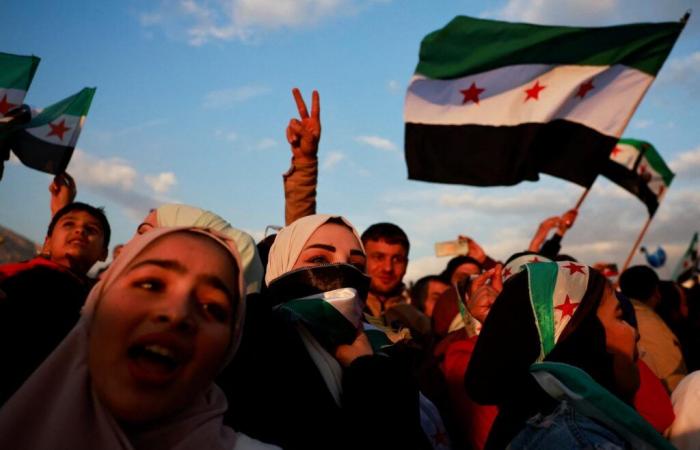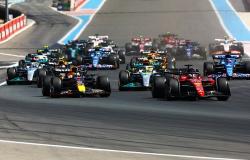DTwelve days after the departure of Bashar Al-Assad, Syrians continue to express their joy and savor their newfound freedom. The sequence will have defied the predictions: “Assad for eternity”this was the slogan in which the Syrians had to pretend to believe, if possible by increasing “and beyond!” » Each sequence of deployment of repression seemed to confirm this program. In 1982, after the Hama massacre, French diplomats noted that the opposition [au régime d’Hafez Al-Assad, père de Bachar] was in vain, as the Baathist revolution of 1963 appeared irreversible, like that of 1789 in France and that of 1917 in Russia.
Under Bashar Al-Assad, after the resumption, in 2017-2018, of territories that had come under the control of the opposition, it seemed certain that the horizon was closing again. The influence and family appropriation were such that the Syrians had gotten into the habit, to describe “the Syria of the Assads”, of using the image of a farm in which they worked for the sole benefit of the leaders.
The end of the“eternity” was the result of a sequence opened in 2011. From one slogan to another, it is indeed the dynamic begun thirteen years previously which finds a form of expression. In 2011, protesters chanted “Get out of Bashar!” ». In 2024, during the ten days of their advance, the group Hayat Tahrir Al-Sham (HTC) and its allies are supported by a new slogan: “Don’t go, Bashar, it’s us who are coming to you!” » Continuity and novelty are contained in these slogans.
Also read the column | Article reserved for our subscribers In post-Assad Syria, the challenge of pluralism
Read later
Since 2011, oppositional formats have followed one another. In exile, coalitions were made, undone, readjusted, expanded and diluted. Internally, the combat and the administration of “liberated” territories were constrained by the scale of the repression, which led to militarization and the increased mobilization of the Islamist register. HTC leader Ahmed Al-Charaa [connu sous son nom de guerre Abou Mohammed Al-Joulani]is the product of the 2011 sequence (even if it was contested by revolutionaries in Idlib), and, before that, of the regional destabilization that followed the invasion of Iraq in 2003. But it has a political depth reinforced by the specifically Syrian dynamic.
You have 63.51% of this article left to read. The rest is reserved for subscribers.






